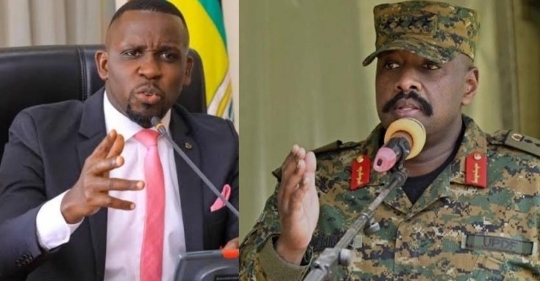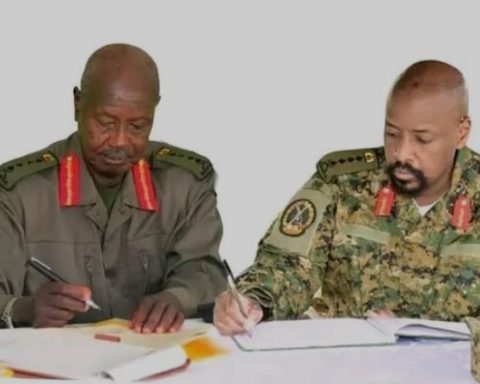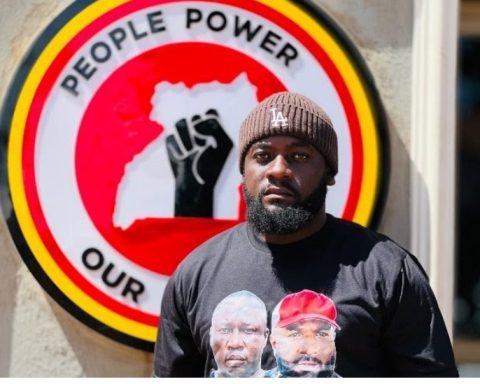The Leader of the Opposition in Parliament (LoP), Joel Ssenyonyi, has intensified calls for reforms in Uganda’s military leadership appointments, arguing that the Chief of Defence Forces (CDF) and their deputy should be subjected to parliamentary vetting before assuming office.
Ssenyonyi raised concerns about the unchecked authority of these positions, emphasizing their influence over national security and military expenditure. He pointed out that while other high-ranking government officials, such as judges and ministers, undergo parliamentary approval, the CDF is appointed solely by the president without legislative scrutiny.
“These individuals command our armed forces, yet there is no vetting process to assess their suitability for the role,” Ssenyonyi said. “If key government officials must be vetted, why should the leaders of our military remain exempt?”
The opposition’s proposal, outlined in an alternative ministerial policy statement for the Ministry of Defence and Veterans Affairs for the 2025/2026 financial year, seeks to introduce mandatory parliamentary vetting for the appointment of the CDF and their deputy.
Ssenyonyi pointed out inconsistencies in Uganda’s legal framework, noting that under Articles 213 and 216 of the Constitution, appointments of the Inspector General of Police, their deputy, and the heads of the Uganda Prisons Service require both presidential nomination and parliamentary approval. However, under Article 210 and Section 8(2)(o) of the UPDF Act, 2005, the CDF is appointed solely at the president’s discretion.
He warned that the lack of oversight in military appointments creates room for abuse of power. “The UPDF controls over 95% of the defence budget allocation. Allowing one individual to make such a crucial appointment without oversight undermines accountability,” he argued.
Ssenyonyi further advocated for transparency in the appointment process, proposing that nominees for the CDF position be made public before their confirmation. He suggested that Uganda adopt practices from countries like Kenya, where key government appointments undergo public scrutiny.
“We must let citizens be part of the process. Public vetting enhances accountability and builds public confidence in leadership,” he stated.
He also criticized the current closed-door vetting process conducted by Parliament’s Appointments Committee, arguing that it limits transparency. “We need to move away from secrecy. Vetting processes should be open to the public and broadcast live,” he added.
Ssenyonyi accused the current CDF of disregarding parliamentary authority, recalling instances where he ignored summons or made derogatory remarks about lawmakers. “When Parliament called him to account, he insulted MPs, knowing they have no role in his appointment,” Ssenyonyi noted.
He warned that continued lack of accountability in military leadership could set a dangerous precedent, urging Parliament to assert its oversight role. “If we allow this to continue, we are compromising democracy. Military leaders must answer to the people,” he stressed.
The opposition’s proposal has sparked debate, with critics arguing that subjecting military appointments to parliamentary approval could politicize the army. However, supporters maintain that increased scrutiny would enhance professionalism and strengthen Uganda’s democratic institutions.
As discussions continue, the government’s response to these demands will determine whether military appointments remain solely under the president’s authority or become subject to parliamentary oversight.




























